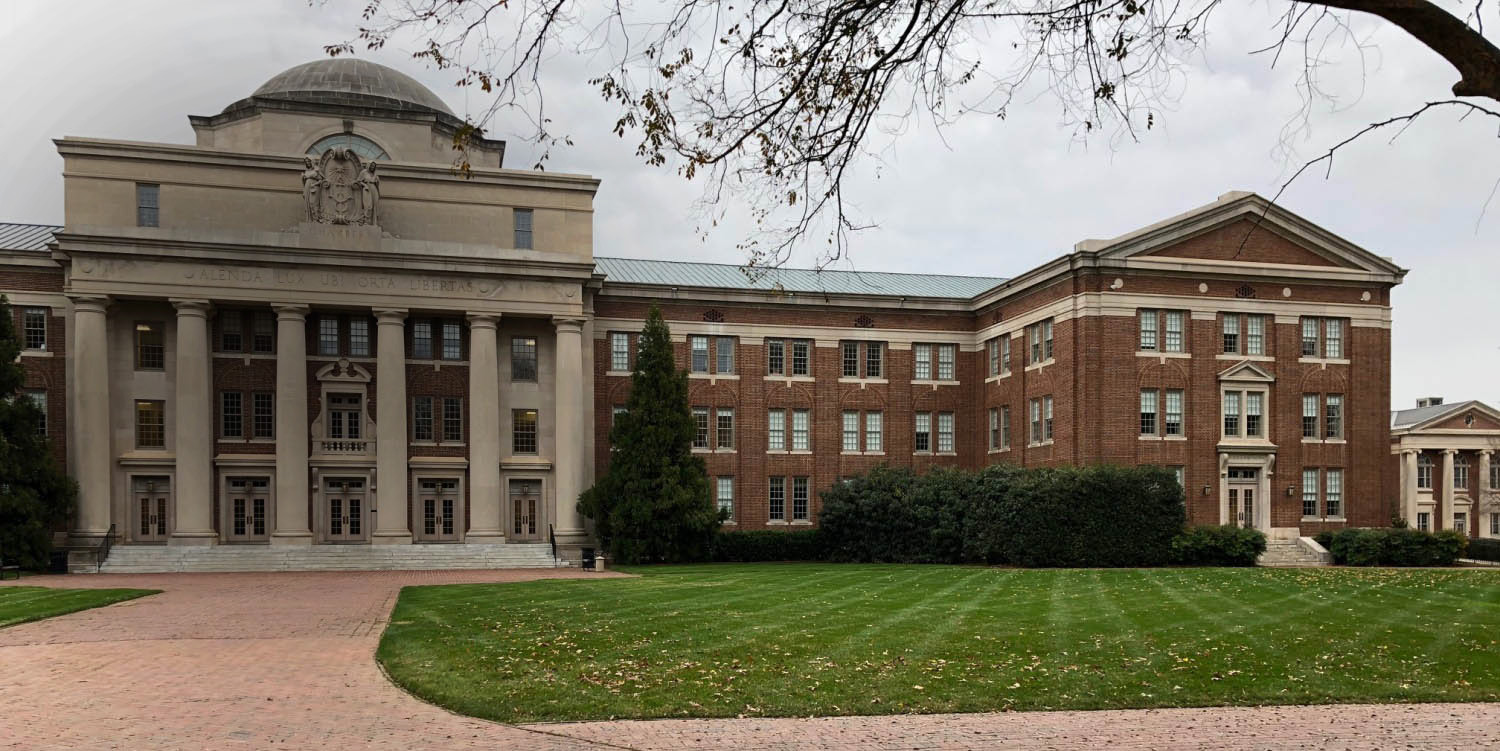On May 1, 2019, Jonathan Vogel appeared on Fox 46 Charlotte’s “Good Day Charlotte” morning news program to discuss the tragic shooting at the University of North Carolina-Charlotte. The loss of life at UNCC has devastated the city and stunned students and their families, as well as faculty and staff.
Vogel observed that UNCC did a good job of providing a “timely warning” and “emergency notification” to students, faculty, and staff pursuant to its NinerAlert notification system. UNCC’s warnings and notifications appeared on its emergency management system webpage and were also sent via email to every individual’s university email address and via text message to anyone who had previously provided a cell phone number to UNCC for communication purposes. Even more, UNCC provided warnings and notifications through its social media platforms, such as Twitter and Facebook.
In 1998, the Crime Awareness and Campus Security Act was amended and renamed the Jeanne Clery Disclosure of Campus Security Policy and Campus Crime Statistics Act in memory of a student who was murdered on campus. The law, which has amended the Higher Education Act several times since its first enactment in 1990, is generally referred to as the “Clery Act.” Institutions of higher education that receive federal funds through their participation in the federal student aid programs have obligations under the Clery Act to make timely warnings and emergency notifications, as well as to have and disclose emergency response and evacuation procedures, to disclose campus crime statistics, and to take other measures related to campus safety.
The U.S. Department of Education, through Federal Student Aid, enforces compliance with the Clery Act. Just last year, the University of Montana was fined nearly $1 million by the Department for reporting “inaccurate and misleading” crime statistics from 2012 to 2015. In a letter from the Department, the university’s violations of the Clery Act were described as “very serious” because students, faculty, and staff relied upon the institution to provide accurate disclosures of crime statistics in order to make informed decisions about their personal safety.
Institutions should make Clery Act compliance an important part of their overall compliance program. They need policies, procedures, and training for faculty and staff, as well as systems to make annual disclosures of crime statistics and to provide timely warnings and emergency notifications. Institutions cannot prevent every crime or natural disaster from occurring, but they can take steps – and they are legally required to take steps – to prepare for those circumstances and to disclose campus crime statistics.
Jonathan A. Vogel, a former deputy general counsel with the U.S. Department of Education and a former federal prosecutor, is the managing attorney of Vogel Law Firm PLLC, an education law firm focused on legal issues that arise in K-12, higher education, and student loans.


